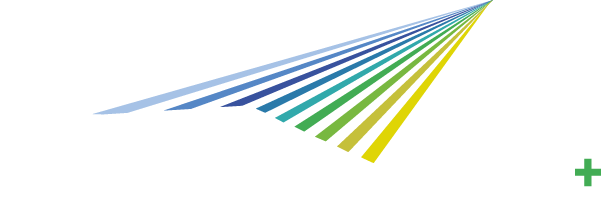PORTSYS
Portfolio as a Tool for Systematic Support of Student´s Learning
- 01 - Education
3. Innovative student’s learning assessment
- Learning outcome-oriented, innovative ways of students' assessment
- Student portfolio used in assessment
- Student activities as learning outcome proofs
- Promoting self-assessment and peer assessment to empower students and enhance their learning
- Student learning enhancement using formative assessment
Portfolio system has been implemented in 2020/2021 and innovated in 2023/2024. It serves as a tool for continuous support of students during their five-year Master's studies. It enables them to reflect on their competencies related to the teaching profession, set their individual plans in collaboration with peers and university and primary school teachers, and achieve their professional challenges. At the core are portfolio assignments spread throughout the study. Students receive individualized formative assessment in LMS Moodle. Self-assessment, peer assessment, and assessment by the university and primary school teacher are used. In addition to the required portfolio assignments, students upload additional materials of their individual choice to their e-portfolios and present them in the courses in years 4 and 5. Mutual respect among diverse classmates, sharing and enriching each other is built by this practice. Portfolio work is thus a good model for portfolio work in the inclusive primary school where students will teach. Portfolio assignments are linked to the final exam topics, so students know from the beginning of their studies what competencies they should graduate with and can monitor and record what they have already achieved. In 2023/2024, a final examination with a portfolio was used for the first time. In this exam, students engage in a professional dialogue with the examiners over authentic materials. The assessment of the student's performance is related not only to the knowledge and skills achieved but also to their effort and progress during their studies. In research on students' experiences of the state examination (presented at the ČAPV conference in September 2024 and prepared for publication), it was found that compared to 2022/2023, in 2023/2024 there was a significant increase in the number of students who "felt they could apply what they knew about the subject area" and a decrease in the number of students who "felt stressed" and “not good enough”during the examination. The system description: Portfolio_information_new.pdf; Circuits_Open_last-version_1.11.2023.pdf A talk about the benefits of working with portfolios - participants: https://open.spotify.com/episode/15W3Rg8Oc5TdsnvdB4L5y6 and students: https://open.spotify.com/episode/44MOmoRYALvdW24rYTC3GO A sample of one LMS Moodle course: Upravit kurz: Didaktika 1. stupně ZŠ I AR_2023/2024 záloha | DL 1
Methodology
Tools, equipment, technology used
Outcomes and outputs, main results
Lessons learnt
Adaptability and sustainability of the best practice (for other institutions)
Promotion of best practice
Scope and impact
- Course/department level
- Faculty level
- Cross-institutional level
- National level
- EU/EHEA/International level
6.1 Digitalization
- Outstanding, innovative, excellent practices of online / blended / hybrid learning
Reasoning: Students are encouraged to create their own e-portfolio from the 1st year onwards. The various functions that facilitate the digitization of their materials and their learning are actively introduced to them. Students´ submissions were mostly required in the LMS Moodle forum module. This enables them to assess their peers' assignments. The modules of chat, test, and workshop have also been used. Some portfolio assignments required audio or video recordings of the student's work or practice.
6.2 Internationalization
- NOT RELEVANT
Reasoning:
6.3 Inclusion and diversity, universal design
- Inclusive course design, universally designed divers activities to meet special students' needs
- Innovative teaching methodology for inclusion and meet diverse student needs
- (Innovative) use of devices and tools for inclusion
- Alternative, flexible assessment methods for students with special needs
- Senzitivizing students to consider special needs when practicing their profession
- Course includes hints on how the services/products of the profession could be universally designed/inclusive
Reasoning: Students are supported in developing their competencies with respect to individual needs and learning obstacles. Portfolio assignments allow to choose their individual approach to learning. Assignment assessment is provided on an individual formative basis. An inclusive classroom environment is built in which students share their experiences, successes, and challenges, provide formative feedback, and enjoy diversity. These processes are models for working in inclusive primary school classrooms.
6.4 Sustainability
- NOT RELEVANT
Reasoning:
3.3 Public contact datas
| Name | Email address | Website |
|---|---|---|
| doc. PhDr. Jana Stará, Ph.D. | jana.stara@pedf.cuni.cz | https://kppp.pedf.cuni.cz/wp-content/uploads/2023/11/Okruhy_Otev%c5%99eno_posledn%c3%ad-verze_1.11.2023.pdf |

